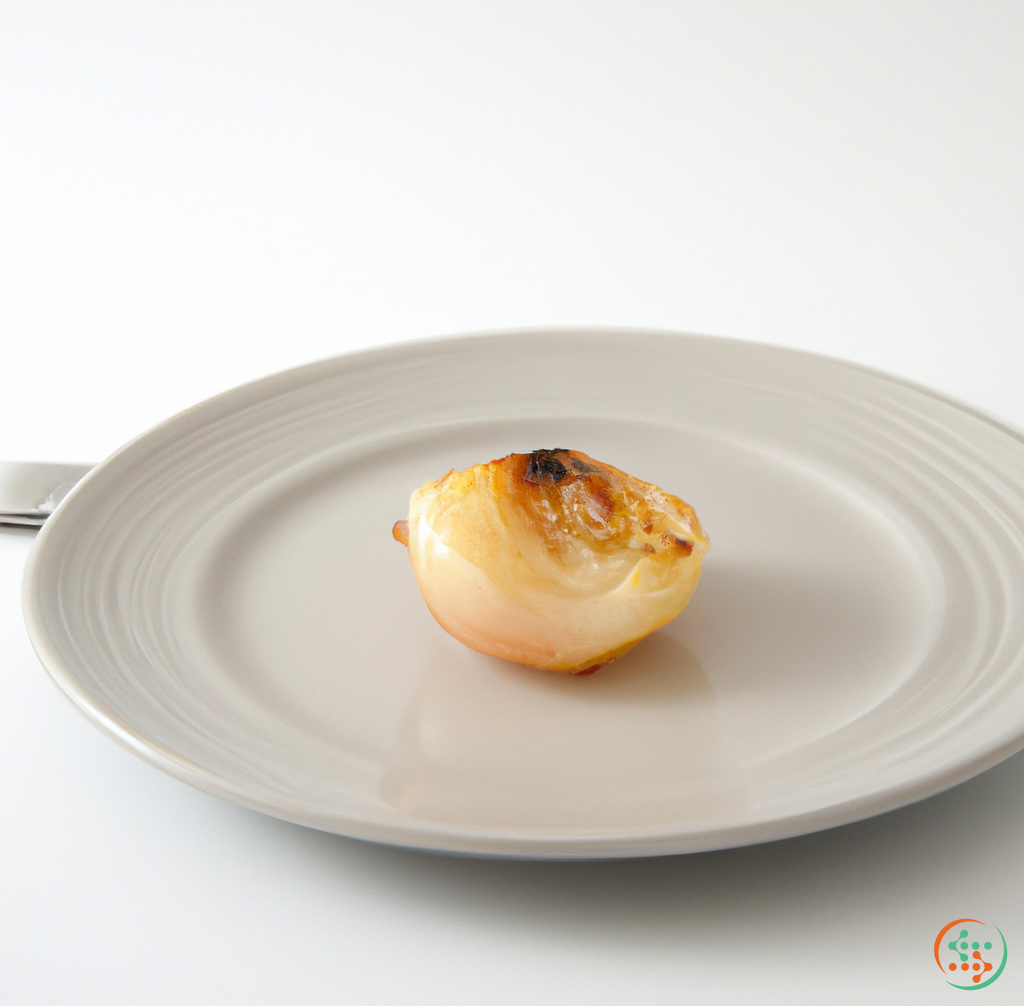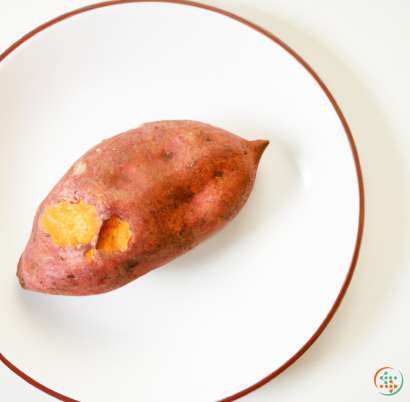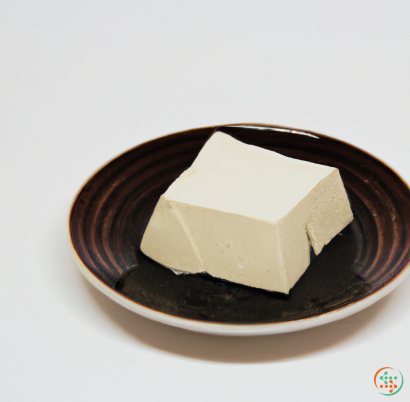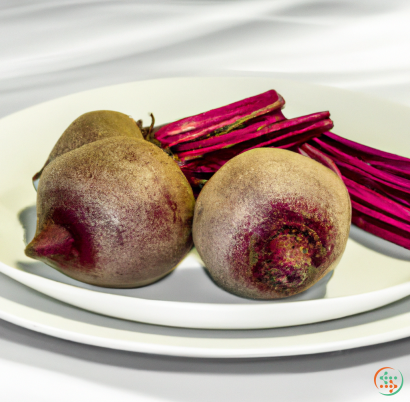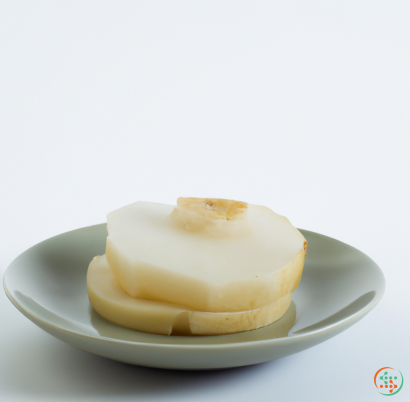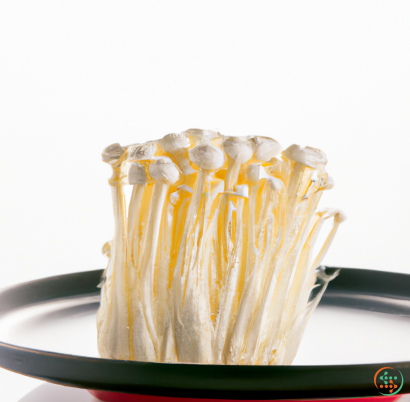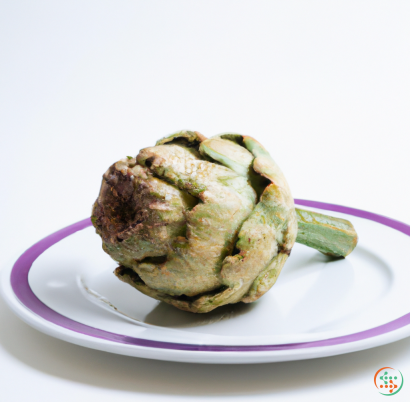Cooked Onion: Complete Sugars and Carbohydrate Profile
Cooked Onion: Considered a good source of carbohydrates?
No, cooked onion is not a good source of lipids. Lipids are nonpolar molecules composed mainly of fatty acids and glycerol that play an important biological role in cell structure, energy storage, and transporting vitamins throughout the body. Lipids cannot be absorbed through cooking. Onions, when cooked, do contain some fats due to their water-soluble nature (making them easier to absorb). However, these fats are typically low in saturated fat, which accounts for the majority of dietary lipids. Additionally, the lipid content of onions also varies depending on how they’re prepared. For instance, frying onions can increase their fat content as it will release additional oils from the vegetable, while roasting or sautéing will reduce total fat levels. All in all, cooked onion may contain slight traces of lipids, but it is not a significant enough source to contribute significantly to one’s daily nutrient intake.
Cooked Onion ‐ Types of Sugars
Introduction
The various types of fats and lipids found inside a cooked onion are essential for its flavor, texture, and nutrition. Lipids vary in structure, including fatty acids, simple lipids, complex lipids, and phospholipids. Different structures result in varying degrees of stability and flexibility. The overall nature of the onions' fat content will determine their nutritional value as well as the quality of their taste. Since the chemistry behind this phenomenon is relatively unknown to consumers, it is important to discuss lipid variation within a specific ingredient in order to provide a better understanding of its potential impact on our food’s overall health properties. This paper will explore the types of fats and lipids found in cooked onions—including fatty acids, simple lipids, complex lipids, and phospholipids—and how they affect an onion's flavor, texture, and overall nutrition.
Fatty Acids
Fatty acids are primarily composed of carbon, oxygen, and hydrogen atoms combined into a single chain. These molecules can come in both short-chain (2-6 carbons) and long-chain (20+ carbons) forms. Short-chain varieties are categorized as “volatile” because of their hydrophobicity, meaning that when heated, they escape water activity as vapor and contribute greatly to a food or kitchen’s aromatic profile. Onions contain fats with several volatile fatty acids; most notably propanoic acid (propionic), butanoic acid (butyric), heptanoic acid (heptanoic) and nonanoic acid (nonanoic). In cooked onions, these acids create distinct flavors such as sour and pungent, further enhancing the taste.
Simple Lipids
Simple lipids consist of three different classes: triglycerides, free sterols, and waxes. Triglycerides are molecules made up of three fatty acids coupled with a glycerol backbone. The degree of saturation of the fatty acids determines whether they are considered saturated or unsaturated, which has implications regarding food texture and digestion speed. Free sterols are common components of cell membranes and include cholesterol and sitosterol, whereas waxes—such as ceroids, carnauba wax, and jojoba seed oil—are typically used in pharmaceutical products sourced from plants due to their unique lubricant properties. Research suggests that specific varieties of simple lipids may be beneficial in lower risk factors associated with heart diseases, diabetes and other chronic illnesses.
Complex lipids
Unlike simple lipids, complex lipids make up highly diverse macromolecules with multiple hydrophobic regions within one molecule. These compounds also have larger energy stores and are able to act as transporters of vital nutrients. Common examples of complex lipids found within cooked onions include galactolipids, phosphoceramides, sulfolipids, and sphingolipids. Galactolipids are usually esterified gallate derivatives with two or more hydrocarbon chains linked by one or two phosphate groups, while phosphoceramides represent unique group of glycerophosphodiesters bound by a carbohydrate center. Sulfolipids are derived from glucose metabolism, and sphingolipids are present in small amounts in many vegetables and fruits, having crucial contributions in intermediary metabolism.
Phospholipids
Finally, phospholipids comprise yet another major class of lipids where two fatty acids are covalently attached to a lysohead group forming a polar headgroup and two nonpolar tailgroups. Phospholipids cells play integral roles in cellular membrane permeability and transport processes, favoring monounsaturated fatty acids for optimal performance. Examples of commonly found phospholipids in cooked onions are lecithin, which helps facilitate nutrient absorption, and cardiolipin, known for aiding mitochondrial respiration. Furthermore, phospholipids reduce cholesterol levels since bile salt detergents are synthesized from them during biochemical reactions.
Conclusion
Overall, the types of fats and lipids found inside of cooked onions—ranging from fatty acids, simple lipids, complex lipids, and phospholipids—contribute to the flavor, texture, and nutrition of this commodity. Each type carries very distinct purposes, thus affecting a variety of aspects surrounding nutrition and taste. For example, certain lipids give off aromas and flavorings, some regulate digestion rates, others help balance out cholesterol concentrations, and some even improve metabolic function. Therefore, it is necessary to know what fats and lipids are located in cooked onions so that we can have a greater appreciation for the wide range of benefits that each offers.
| Glucose | 2.19 grams |
Daily Value ug
|
| Fructose | 1.44 grams |
Daily Value ug
|
| Sucrose | 1.1 grams |
Daily Value ug
|
